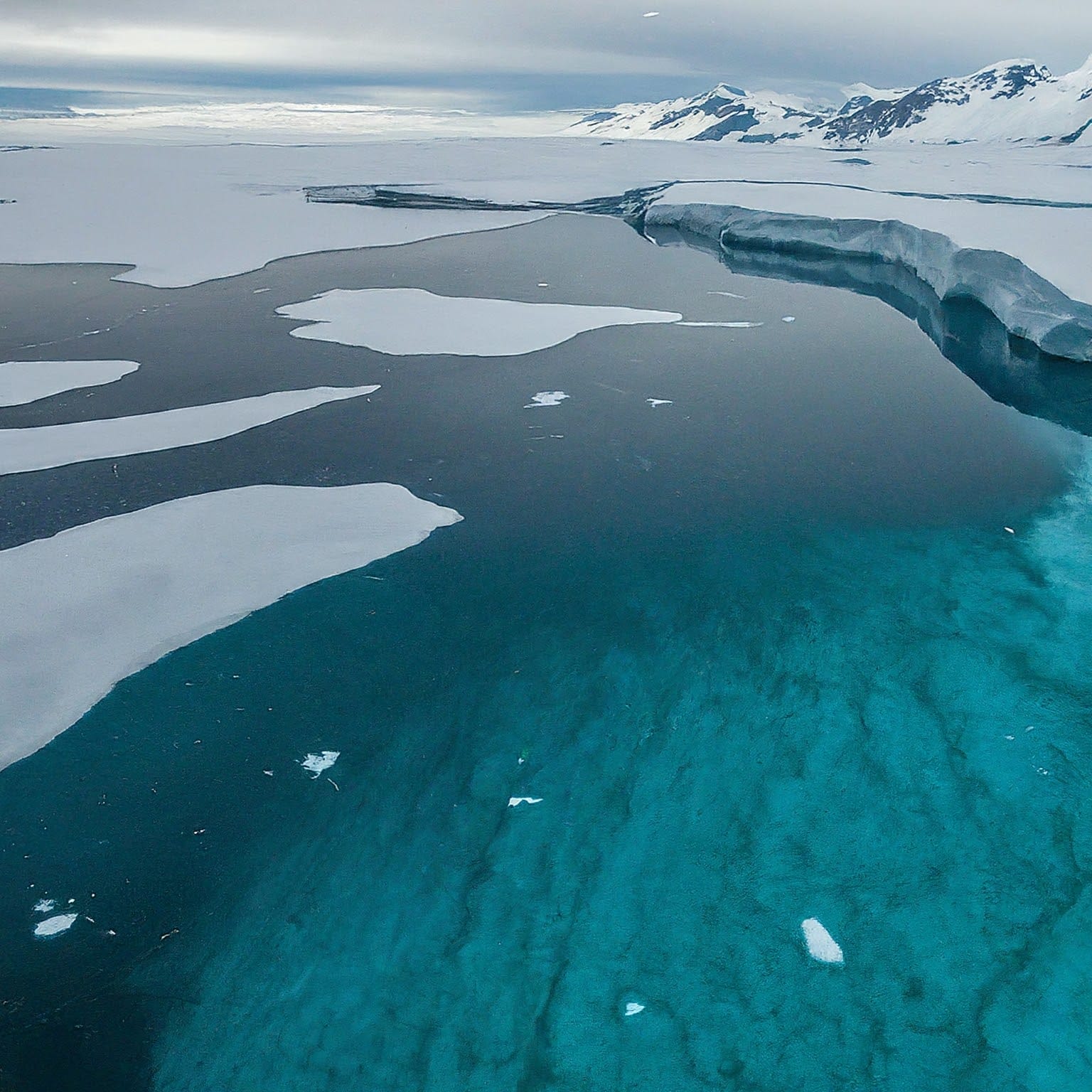Vostok Lake Literature
Vostok Lake isn’t a lake in the traditional sense, but rather a giant subglacial lake, meaning it’s a massive body of liquid water buried beneath kilometers of ice. It holds the title of the largest subglacial lake in Antarctica and potentially the largest liquid freshwater lake under the Earth’s ice sheets.
Here’s a summary of the intriguing Vostok Lake:
Location: Hidden beneath the 4-kilometer thick East Antarctic Ice Sheet, near Russia’s Vostok Station, close to the South Pole.
Size and Depth: Vostok Lake is estimated to be roughly 250 kilometers (155 miles) long and 50 kilometers (31 miles) wide, covering an area of approximately 12,500 square kilometers (4,800 square miles). Its depth varies, reaching up to 1 kilometer (0.6 miles) in some areas.
Discovery and Exploration: The existence of Vostok Lake was first proposed in the 1960s based on aerial observations and later confirmed in the mid-1990s through extensive seismic and radar surveys. Due to the extreme conditions and potential risk of contaminating the pristine environment, scientists haven’t directly accessed the lake’s water.
Unique Environment: Vostok Lake is an isolated ecosystem, likely cut off from the Earth’s atmosphere for millions of years. This isolation raises intriguing questions about the potential existence of life forms adapted to these extreme conditions, possibly microscopic organisms.
Scientific Importance: Studying Vostok Lake holds immense scientific significance. It can provide insights into:
- Early Earth’s history and environments: Studying the lake’s water and any potential life forms could offer clues about early Earth’s conditions and the possibility of life existing in similar environments on other planets.
- Microbial life under extreme conditions: Understanding how life, if present, thrives in the isolated and harsh environment of Vostok Lake could contribute to our understanding of the limits of life on Earth and potentially beyond.
- Climate change: Studying the lake’s history through layers of sediment and ice cores can provide valuable data on past climate changes and their potential impact on the Antarctic ice sheet.
Vostok Lake remains a fascinating and enigmatic natural wonder, holding the potential to unveil profound secrets about life, Earth’s history, and extreme environments.


